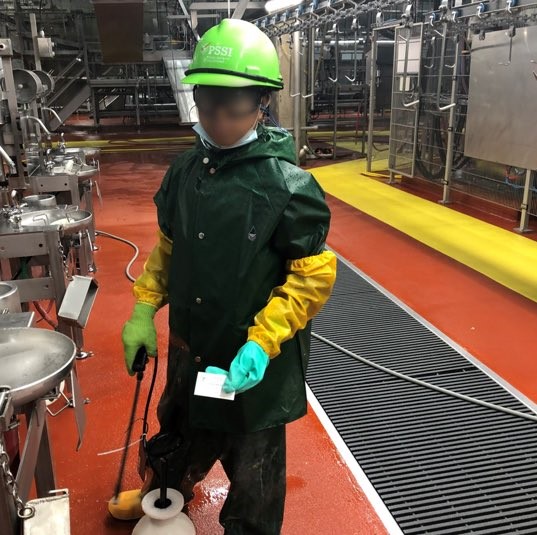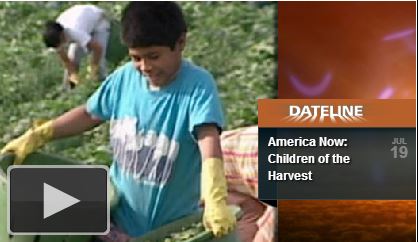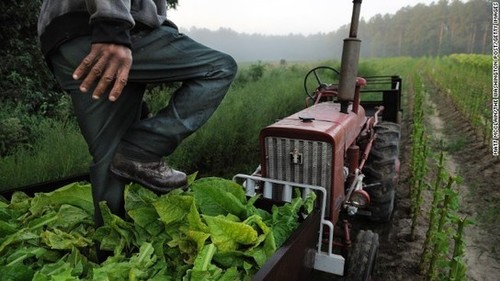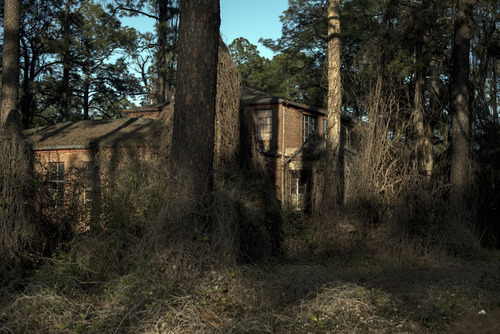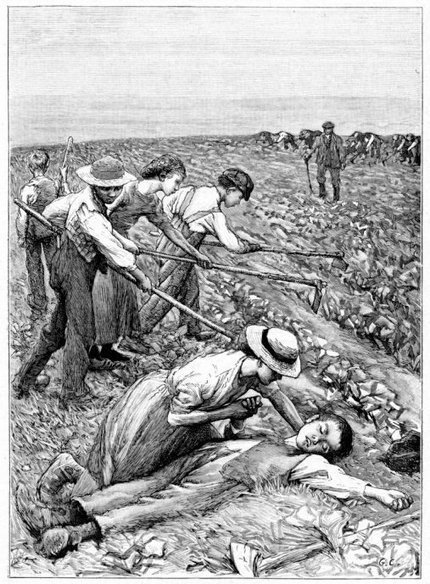Notice: a story documenting thousands of cases of child exploitation, clear as day, out in the open, and the (to be clear, otherwise excellent) report doesn’t mention the word “crime” or “criminal” once. It’s presented entirely as a civil and bureaucratic process issue. https://t.co/0JXMckCGHE
— Adam H. Johnson (@adamjohnsonNYC) February 26, 2023
https://platform.twitter.com/widgets.js
Boy cleaning slaughterhouse in Nebraska. Photo provided by Department of Labor investigators. He was employed by PSSI, a cleaning company owned by Blackstone private equity firm. @NBCNews pic.twitter.com/Gg9Fg4ICCs
— Laura Strickler (@strickdc) February 22, 2023
https://platform.twitter.com/widgets.js
A major New York Times investigation has revealed the widespread use of migrant child labor across the U.S. “They’re ending up in some of the most brutal jobs in the country,” says reporter @hannahdreier. pic.twitter.com/getzCK8ZFF
— Democracy Now! (@democracynow) February 28, 2023
https://platform.twitter.com/widgets.js
Blackstone CEO Steve Schwarzman took home a record $1.27 billion for 2022, extending his stature as one of the most highly paid executives in finance https://t.co/fMlC4SYRaK
— Bloomberg (@business) February 24, 2023
https://platform.twitter.com/widgets.js
A 13-year-old was hired illegally to clean a slaughterhouse.
— Abha Bhattarai (@abhabhattarai) March 3, 2023
The company that hired her paid a fine. But her family is paying a much bigger price: The child’s father is in jail (for driving her to work), and her mother faces deportation.https://t.co/F5gClPQXlK
https://platform.twitter.com/widgets.js
яндекс

